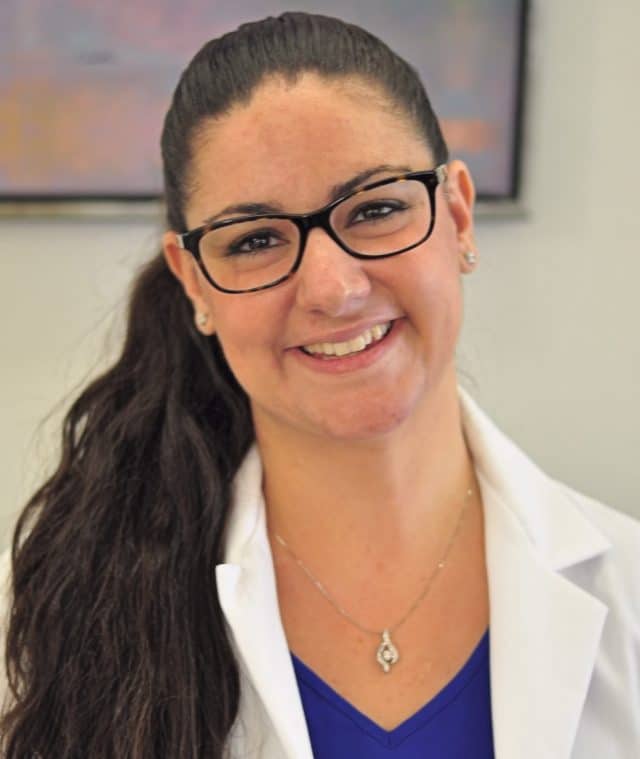
Freedom Hearing Center LLC
135 West Dares Beach Road
102
Prince Frederick, MD 20678
Freedom Hearing Center LLC
3475 Leonardtown Road
102
Waldorf, MD 20601
Freedom Hearing Center LLC
14090 H.G.Trueman Road
1400
Solomons, MD 20688
Freedom Hearing Center LLC
7247 Hanover Parkway
A
Greenbelt, MD 20770
Freedom Hearing Center LLC
22650 Cedar Lane Court
Floor 2
Leonardtown, MD 20650

More Hearing Health Articles
Don't Be Fooled By the Gimmicks Become an Educated Consumer Of Hearing Aids – Part 2
Part Two
An educated consumer should discuss the following questions before investing in their hearing health care or hearing aids
Who is your potential provider? It is a common misconception that everyone who works with hearing aids has the same training, education/degree or profession. There are two licensed professionals that can dispense hearing aids in the state of Maryland, an audiologist and a hearing aid dispenser (aka Board Certified Specialist in Hearing Instrument Science, Hearing Instrument Specialist, or Hearing Care Practitioner, Audioprosthologist).
Society often views audiologists as a hearing aid dispenser, related exclusively to hearing loss and hearing aids, which is incorrect.
In addition to complete audiologic evaluations and hearing aids, the audiology profession includes balance/vestibular rehabilitation, tinnitus management, cerumen removal, ototoxicity monitoring, cochlear implant mapping, electrophysiologic assessments, newborn hearing screenings, and interoperative monitoring-all of which are not within a hearing aid dispenser's scope of practice.
Why should I see an audiologist (AuD)? Hearing aids are FDA regulated medical devices that must be fit with professional expertise. An AuD and HAD both are licensed to dispense hearing aids, but what it really comes down to is expertise and quality of service.
As of 2008, an AuD must go through eight years of schooling, which includes a Bachelors Degree from an undergraduate institution and then a Doctor of Audiology Degree from a post-graduate college or university.
In addition, an AuD is specifically trained to identify, diagnose, rehabilitate, and monitor disorders of the hearing and balance systems. They assess your entire auditory and vestibular system and then recommend a solution to treat your symptoms.
A HAD must have a general studies Associates Degree and pass the International Institute for Hearing Instrument Studies course prior to taking the Maryland HAD exam. This is a self-study course designated to teach basic anatomy and physiology of the hearing mechanisms.
Is there anything medically or surgically that could be done to improve your hearing loss before you consider investing in hearing aids? Even if a hearing loss is detected through a complete audiologic evaluation, hearing aids are not always the recommended course of treatment. An individual should not purchase and use hearing aids without the proper examination, diagnosis, and counseling.
If you purchase hearing aids from anywhere other than a licensed audiologist or other hearing healthcare professional you may be putting yourself at risk for being misdiagnosed of a serious underlying health condition that requires medical intervention.
This article will be continued in next month's edition.
Other Articles You May Find of Interest...
- 6 Secrets to Getting Your Stubborn Parent to Try Hearing Aids
- Five Important Reasons To Schedule A Yearly Hearing Exam
- Difficulty Hearing Over The Phone?
- Hearing Loss and Your Overall Health
- Assistive Telecommunications Equipment Provided By the State
- Speech Disability and Using the Telephone
- Keeping Maryland Residents Connected

















